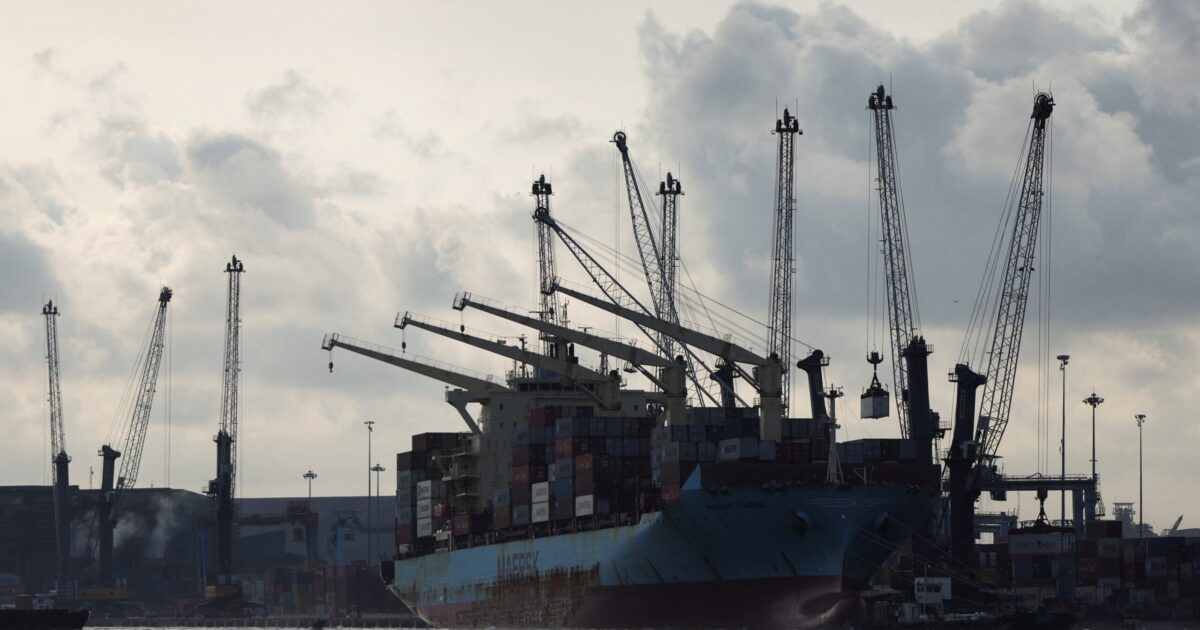New round of commercial tensions opens up by US decision to impose duties 30% on imports from the European Union (EU), starting on August 1st, deeply affecting European trade and, by extension, the Greek economy.
Although our country is not at the heart of the US -EU trade flows, the immediate and indirect impact on the Greek economy cannot be ignored.
The announcement of the imposition of 30% of European and Mexican products by President Trump, if the negotiations do not succeed, is yet another proof of the aggressive direction of the US Commercial Policy which may lead to countermeasures by the Commission. The duties will be valid from August 1st and will cover a wide range of products, from cars and steel to food and medicinal preparations.
For the EU, this decision threatens its exports seriously, which in 2023 amounted to over € 500 billion to the US, with Germany, Italy and Ireland being at the forefront of the report.
In absolute numbers, Greece does not belong to the top exporters to the US. According to ELSTAT data for 2023, Greek exports to the US amounted to nearly 2.5 billion euros, accounting for about 4% of the country’s total exports.
However, the importance of the US market for some traditional export sectors is special. Among them:
- Agri -food products such as slice, olive oil, wines and standard foods,
- High -tech medicinal products and preparations,
- Metal products, such as aluminum and alloys.
The imposition of 30% duties in these categories is expected to make Greek products more expensive and less competitive for the American consumer or wholesale.
The threat is greater than the indirect effects
In addition to the immediate burdens, Greek companies are exposed to secondary impact, through their participation in European value chains.
At the same time, increasing transport costs and destabilization of logistics can further burden export costs.
In addition, the uncertainty about the US -EU trade relationship can be suspended in new agreements and investment in the export sector, especially in countries such as Greece that does not have a strong “cushion” of negotiating power.
The last, but not last, is the “damage” that duties will do to other European economy that trades more closely to the US, which are the immediate economic environment of Greece, and markets that absorb its products. For example, possible recessionary pressures in Germany mean that demand will also be reduced for Greek products, exacerbating our trade balance and financial situation.
